
OR
Editorial
Invest in Infrastructure to make border crossings with China commercially viable
Published On: October 1, 2023 07:45 AM NPT By: Republica | @RepublicaNepal
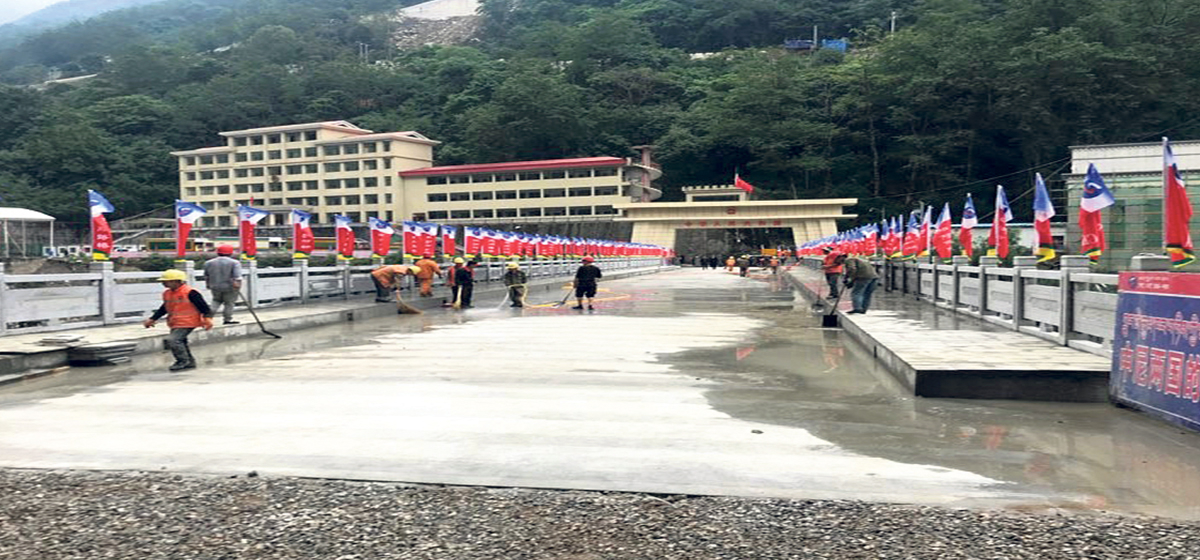
In a significant development for Nepal's trade and economic relations, Prime Minister Pushpa Kamal Dahal announced an agreement to reopen all border crossings between Nepal and China that were operational before the onset of the COVID-19 pandemic. Nepal shares a 1,414-kilometer border with the Tibet Autonomous Region of China, spanning along the majestic Himalayan range. A total of six border points, including Kodari-Nyalam (Tatopani-Khasa), Rasuwa-Kerung, Yari (Humla)-Purang, Olangchunggola-Riwu, Kimathanka-Riwu, and Nechung (Mustang)-Lizi, were opened before the COVID-19 pandemic. The agreement to open all these border points again marks a crucial step in enhancing bilateral trade and people-to-people ties between the two nations. The reopening of these border crossings is a promising move, but to fully capitalize on this opportunity, it is imperative that the government takes further measures to make these border crossings commercially viable. This includes the development of all-weather roads and necessary infrastructure, such as customs, security outposts, immigration facilities, and other relevant government bodies. The government should prioritize the development of robust infrastructure to streamline trade operations at these border crossings. The construction of all-weather roads is particularly vital, ensuring smooth transportation of goods and enabling trade throughout the year. These roads should be well-maintained to handle heavy traffic and adverse weather conditions.
Furthermore, the establishment of customs and immigration facilities is crucial to expedite clearance procedures for goods and people crossing the border. These facilities should be equipped with modern technology and adequately staffed to ensure efficiency and effectiveness in border operations. Security outposts should be strategically placed along the border to enhance security measures and protect against any illegal activities. This will also instill confidence in traders and investors, encouraging increased trade activities. In addition to physical infrastructure, the government should focus on promoting the development of a conducive business environment. Streamlining bureaucratic processes and reducing red tape will attract more businesses to utilize these border crossings. Providing necessary incentives and support to businesses engaged in cross-border trade will further encourage their involvement.
The reopening of the checkpoints along the Nepal-China border presents an excellent opportunity for bilateral trade growth. Leveraging this opportunity will not only benefit both nations economically but also strengthen diplomatic relations. It is essential to expedite the implementation of the agreement and invest in the necessary infrastructure to facilitate seamless trade operations. Prime Minister Dahal's announcement regarding Chinese government subsidies for the rehabilitation of certain checkpoints is a positive step towards achieving this goal. The collaboration between the two nations in upgrading and modernizing these checkpoints is essential for their effective operation and to promote trade. Additionally, discussions about enhancing air travel between Nepal and China are equally important. Establishing regular flights and streamlining air travel procedures will facilitate faster and more convenient travel for people, further fostering bilateral relations. It is crucial that the government acts swiftly and efficiently in implementing the necessary measures to make these border crossings commercially viable. This will not only drive economic growth but also contribute to the overall development of the nation. The citizens of Nepal look to the government to seize this opportunity and create a thriving trade environment with China, benefiting both countries in the long run.
You May Like This

Asian Games: 38 nations win medals, China at the top of medal tally
KATHMANDU, Oct 5: Thirty-eight nations have so far won medals at the ongoing 19th Asian Games while China continues to... Read More...

BRICS and Beyond
The fifteenth BRICS summit, the first in-person gathering since the COVID-19 outbreak in 2019, took place in Johannesburg, South Africa,... Read More...
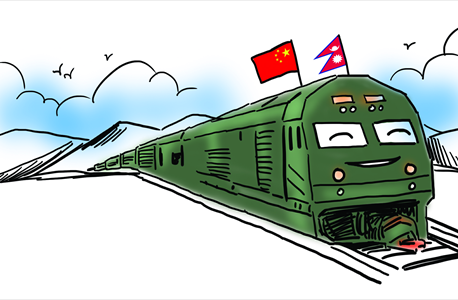
China seeks clarity on 5 points ahead of DPR
BEIJING, June 21: The fourth Nepal-China bilateral meeting on preparing a Detail Project Report (DPR) for the Kerung-Kathmandu railway concluded on... Read More...



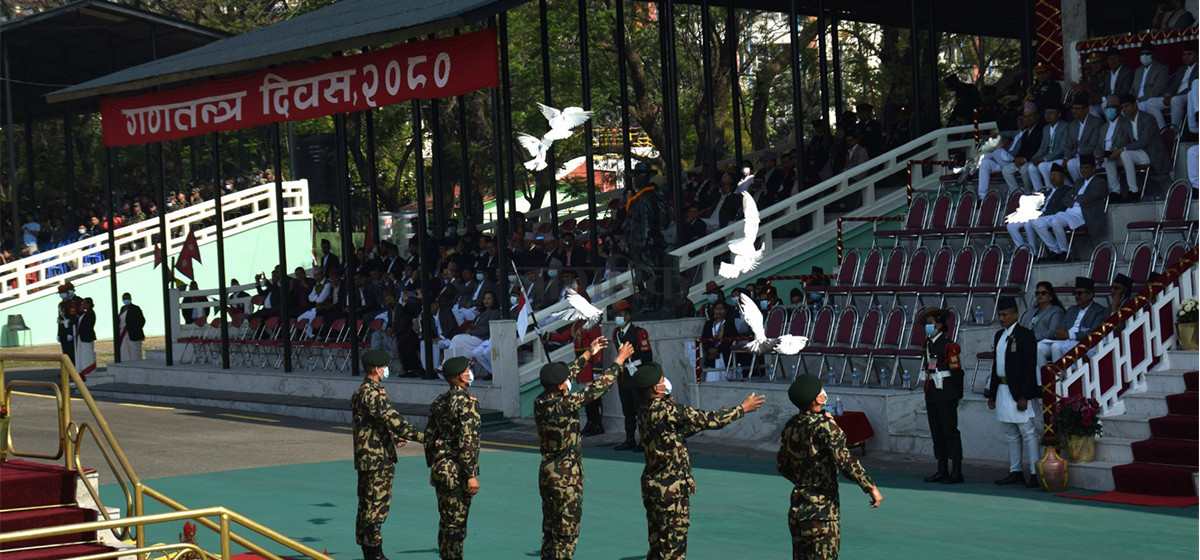


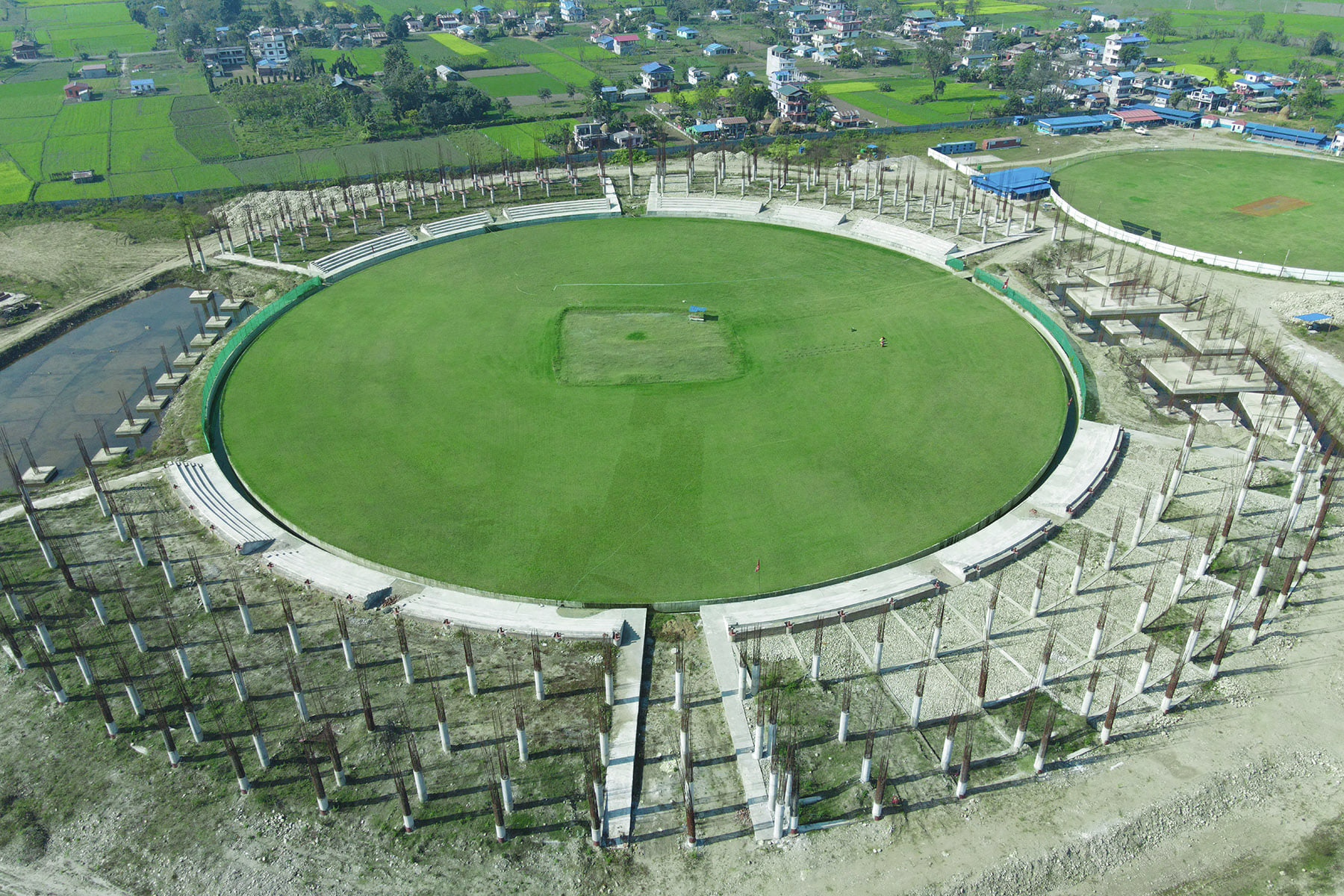
Just In
- Govt lifts VAT imposed on potato, onion and perishable food items
- Tax payments to be facilitated with QR codes
- FinMin announces Rs 500 million to enhance Melamchi Water Supply
- FY 2024/25 Budget: Year for Investment on Women
- Health minister urges shifting of emergency room in NAMS
- Rs 1.30 billion allocated for sports infrastructure, national pride stadiums in Mulpani and Biratnagar
- Three police personnel honored for their excellent performance
- FY 2024/25 Budget: 900 MW to be added to national grid capacity




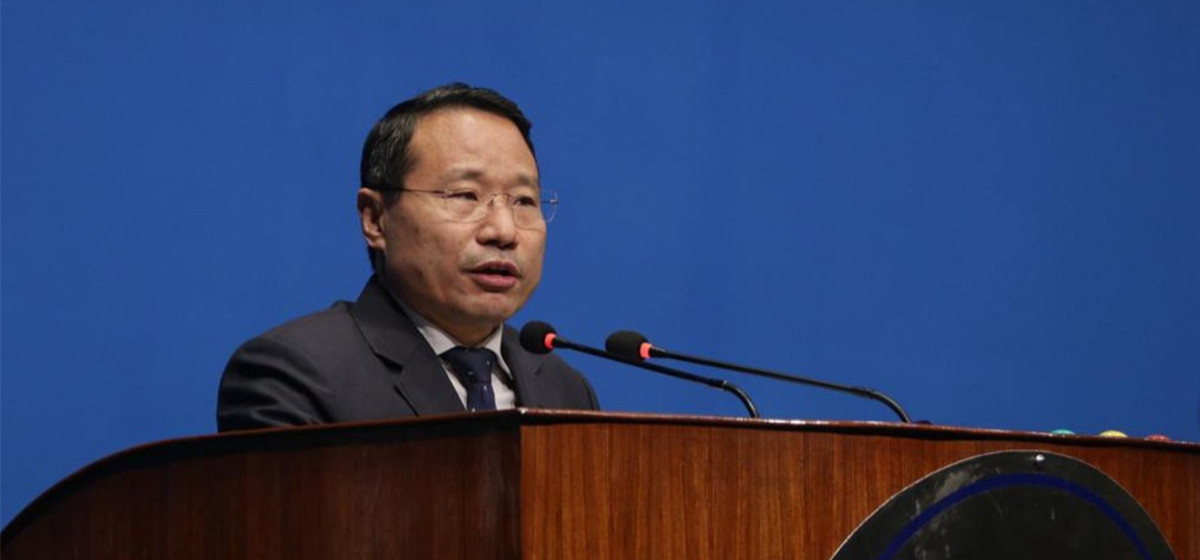
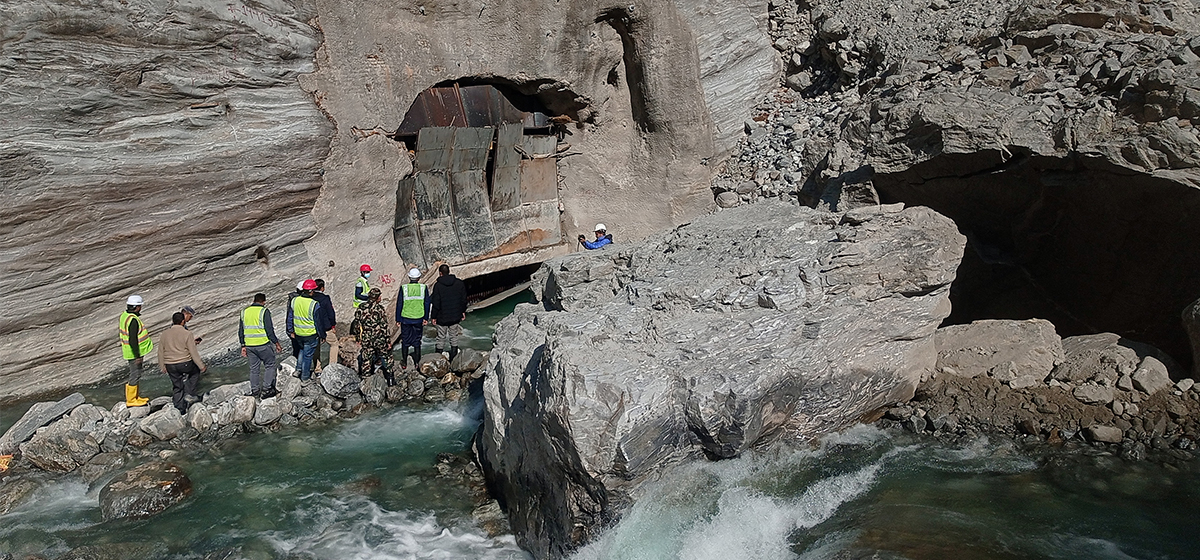

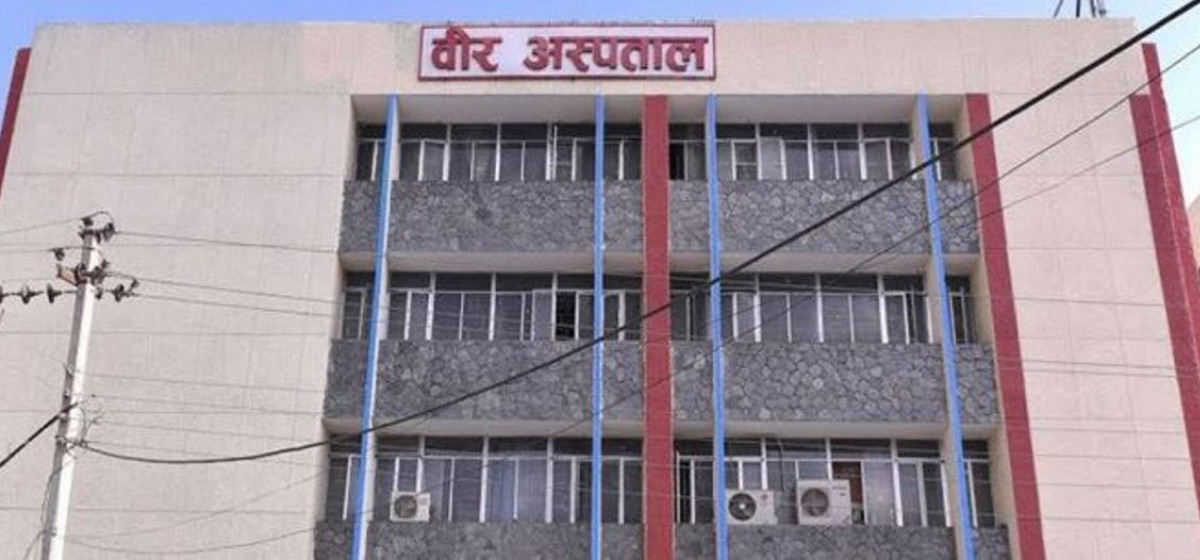


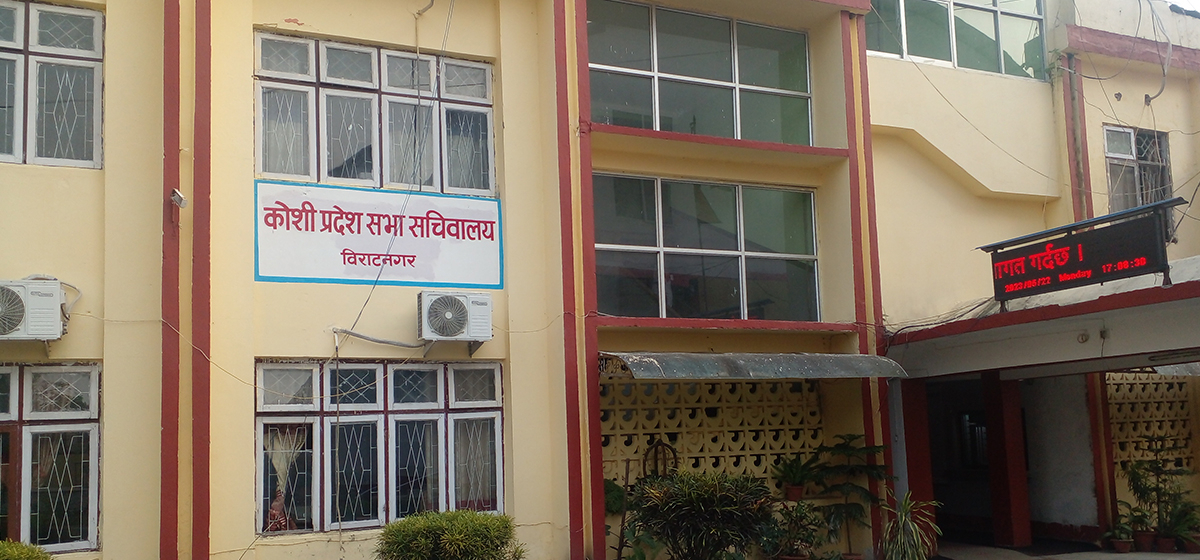
Leave A Comment